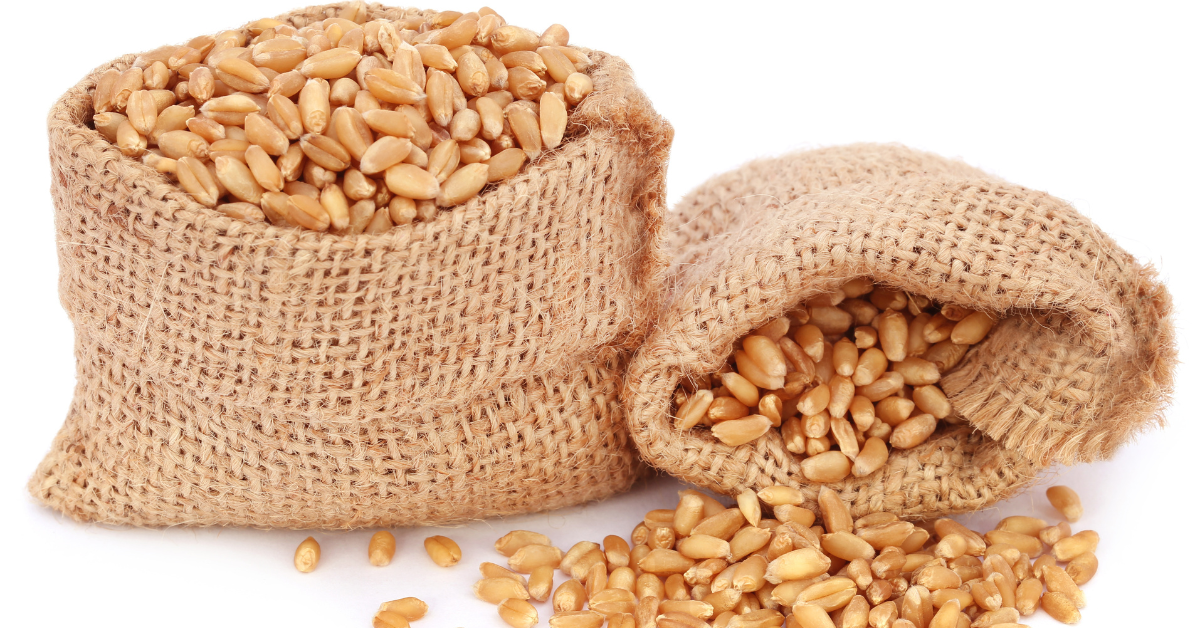Hurricanes strike the coastlines of the United States every year. Typically, the season lasts from June through November. Hurricanes cause massive damage and take the lives of innocent people.That is why we think it is so important to be ready for hurricanes and why we’ve created a hurricane preparedness list.
Gathering supplies for a hurricane takes a little time and research. But, over the years, we’ve learned much from dealing with natural disasters like hurricanes. Keep reading to get a sample of the knowledge we’ve gathered over the years and click here to download our survival guide, which includes a printable version of our hurricane supply list.
Important Hurricane Terminology
Hurricanes are tropical cycloneswith winds of at least 74 mph or higher. Often, storm surges, heavy rain, and flooding accompany hurricanes. By definition, hurricanes are organized into five categories. Categories one and two are considered dangerous. And category three or higher is regarded as a major hurricane due to the significant property damage and loss of life.
|
The Saffir-Simpson Hurricane Wind Scale |
|
|
Category 1 |
● 74-95 mph winds ● Dangerous winds will produce some damage |
|
Category 2 |
● 96-110 mph winds ● Extremely dangerous winds will cause extensive damage |
|
Category 3 |
● 111-129 mph winds ● Devastating damage will occur |
|
Category 4 |
● 130-156 mph winds ● Catastrophic damage will occur |
|
Category 5 |
● 157+ mph winds ● Catastrophic damage will occur |
When a “hurricane watch” has been activated, hurricane conditions are possible in the stated area. Typically hurricane watches are announced 48 hours before the tropical storm is predicted to start.
On the other hand, a “hurricane warning” is more severe. A hurricane warning means that hurricane conditions are expected in the stated area. Typically hurricane warnings are announced 36 hours before the expected tropical-storm-force winds arrive.
In either case, it’s essential to stake steps to get ready.
Gather Your Hurricane Supply List
When a hurricane watch or hurricane warning has been activated for your area, it’s crucial to gather supplies. Depending on the storm, the location of your home, and risk assessment, you may decide to wait out the storm at home or evacuate, also known as bug out.
Bug Out Bags vs. Stay-at-home Kits
A bug out bag is a portable cache of supplies, typically a large backpack prepared ahead of time in case of emergency and subsequent evacuation. Ideally, a well-made bug out bag should include supplies to help you survive after evacuation. A bug out bag, along with a 72-hour emergency kit, is critical for hurricane preparedness.
On the other hand, you may choose to stay at home. In which case, you will want to gather all the essential hurricane supplies you need to keep in one place.
Living Without Power, Water, Gas, Cell Service & Internet
Whether you bug out or stay home, you need to be prepared to live without power, water, gas, cell service, and internet in the aftermath of a hurricane.
Emergency Generators

Oftentimes, hurricanes knock down power lines, and the power grid suffers. Therefore, one of the most important components of your stay-at-homehurricane preperation kit should be an emergency generator.
With an emergency generator, you can restore power to your home, continue to refrigerate your food, and charge your devices.
Food & Water Storage

Hurricanes often destroy roads, flood city streets, and make transportation impossible. Therefore, if you plan to stay in one place, you need to have emergency food and water stored, so you don’t have to rely on grocery stores.
If you’re asking yourself, “how much food do I need?” no worries. We get that question all the time and know precisely how to help. Just reach out to a Valley Food Storage expert.
Prepare for Wind
Hurricanes produce a severe amount of powerful winds. Hurricane winds have been known to topple trees, knock over powerlines and blow rooves off the tops of houses.
To prepare for the wind in a hurricane, we recommend that you:
- Anchor outdoor objects or bring them inside.
- Trim or remove trees close enough to fall on your home.
- Protect windows with permanent storm shutters or improvised plywood barriers.
- Review your insurance policies.
Prepare For Hurricane Flooding

Hurricanes are notorious for heavy rains, storm surges, and intense flooding. So if your area has a hurricane watch or hurricane warning, you must prepare for flooding as part of your hurricane survival checklist.
To prepare your home for flooding, we recommend you:
- Clean out your rain gutters, downspouts, and drains.
- Prepare protective materials such as sandbags and plastic sheeting.
- Install a sump-pump to expel water from flooded areas.
- Elevate any heating systems, water heaters, or electric panels.
Put Important Documents & Medications on Your Hurricane Prep List
In the event of a hurricane, you must locate, copy protect, and important documents you might have. For example, birth certificates, social security cards, passports, and insurance policies should all be protected in case of flooding.
In addition to important documents, preparing critical medications is vital. Losing access to your local pharmacy after a hurricane is not uncommon. Therefore, we recommend you have a 1-month supply of essential medicines or prescriptions in a water- and child-proof container for safe keeping.
Identifying a Bug Out Location

In the event that you choose to evacuate to a bug out location to avoid a destructive hurricane, you need to remember three things.
- Know where you will go ahead of time.
- Know how you will get there and alternate routes.
- Have your bug out bag ready to grab and go.
When bugging out, we recommend you leave early to avoid traffic and road closures.
Stay Connected During a Hurricane
During a hurricane watch or hurricane warning, the safety of you and your family depends on staying connected. So we recommend signing up for free alerts from your local and federal governments.
In addition, we cannot stress enough how important it is to have a plan for charging your cellphone. If you lose access to your cellphone, a battery-operated or rechargeable radio is a fantastic tool for staying connected with important hurricane news.
Staying Safe After A Hurricane

After a hurricane has come and gone, there are still many hazards to look out for. To stay safe after a storm, we recommend you adhere to the following tips.
- Stay out of flood water.
- Never use wet electrical devices.
- Use battery-operated lights instead of candles.
- Be careful near damaged buildings.
- Stay away from power lines.
For more details about our hurricane preparedness checklist and to receive a downloadable copy of our Survival Guide, click here.





